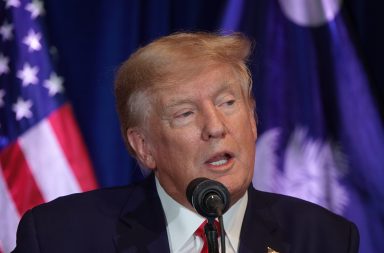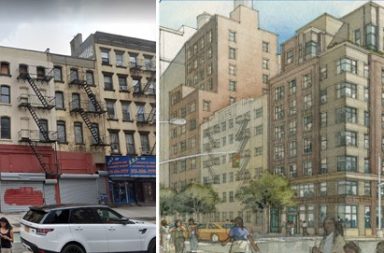The streets of Riverside South are not paved with gold, but City Hall is making property owners, including the tony Collegiate School, pay millions of dollars for streets that should already be city property.
Collegiate, which is planning a new school at West 60th Street, and other building owners and investors in the Riverside South neighborhood have not only paid $6.4 million over the last decade for the actual streets, but also still owe another $4.6 million. But city records show the Department of Finance is improperly addressing the bills.
Records show the northern swath of Riverside Boulevard, from West 64th to West 72nd streets, along with portions of West 64th, West 66th, West 68th and West 70th streets, owe the bucks because the street work has yet to be completed on the development site that was once just an old railyard.
While payments are being made on five of the eight street lots, records of the city’s Finance Department and registrar have the wrong owner and address for the three lots that owe $4.6 million.
Records show the eight lots are owned by Hudson Waterfront Associates, a successor to the original Donald Trump-led group that developed the northernmost buildings.
HWA acts as a homeowners’ “association,” but no contacts were available and its phone numbers didn’t answer or were disconnected.
Via a 1998 “mapping agreement,” the city and Trump laid out all the development sites, parkland and streets, as well as the method to transfer to the city the completed streets and parks.
When the work was done, the developer was to notify the relevant city agencies.
Once the agencies sent a notice that the work was accepted, the streets were to be conveyed to the city within 60 days. None of that ever happened along Riverside Boulevard.
The agencies didn’t respond to requests regarding what work remains to be done.
Trump had already developed five condo towers and three rental buildings when, in 2005, to his great chagrin, his Chinese joint-venture partners agreed to sell the remaining undeveloped parcels and three rental buildings to Gary Barnett’s Extell Development for $1.76 billion.
The deeds were filed in November 2006.
Barnett immediately flipped the rental buildings, at 140, 160 and 180 Riverside Blvd., to Sam Zell’s Equity Residential for $816 million.
Equity Residential then licensed the Trump name. Residents recently convinced Equity to strip the Trump name off the buildings. The other towers are condominiums.
Some of the bills are being mailed to Barnett’s offices. Barnett said that, since he doesn’t own the buildings, he is ignoring the notices. His spokeswoman later emailed: “HWA owns most of the streets and is responsible for taxes on the unconveyed streets. Extell never owned the streets.”
The NYC Department of Transportation (DOT) believes that, since the required work was not completed, Barnett is responsible.
A spokesperson emailed: “Extell still needs to address a few items on certain streets in this area, which remain in its possession.”
It was unclear from a drive along the magnificent Riverside Boulevard what “items” needed work or why Extell is believed to be responsible. The Transportation Department didn’t respond to requests for clarification.
According to the Finance Department, since 2006, checks for some of the property taxes have been written by Extell Development Company, CRP/Extell Riverside LP, RCB Nom, Real Estate Equities Limited Partnership and the Collegiate School, which will be building a new school at West 60th Street — four blocks south of the area still being taxed.
Some checks used to pay taxes have been rejected, but the Finance Department didn’t say whose checks are bouncing. The lots that owe the most are in front of, and wrap around, the side streets near the Equity Residential-owned buildings. The bills are still mailed to Extell. The bills haven’t been paid, and the lots weren’t conveyed to Equity. Meantime, each year, NYC collects roughly $1 million in taxes and is owed another $1 million (all for streets it should own), leaving taxpayers on the hook and the city’s bottom line financing an asphalt jungle mystery.









